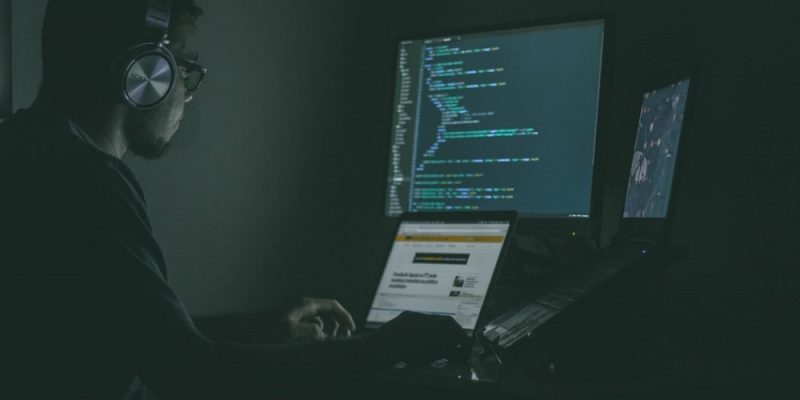 Unmask cybercriminals through identity attribution
Unmask cybercriminals through identity attribution
Organized crime has grown more complex since the turn of the century—coinciding with the rise of the digital world, cybercriminals have leveraged the proliferation of technology to broaden their reach with a more sophisticated network-structured model, effectively globalizing their operations in cyberspace and ultimately allowing cybercriminals to devastate companies and consumers alike. The faster you…


